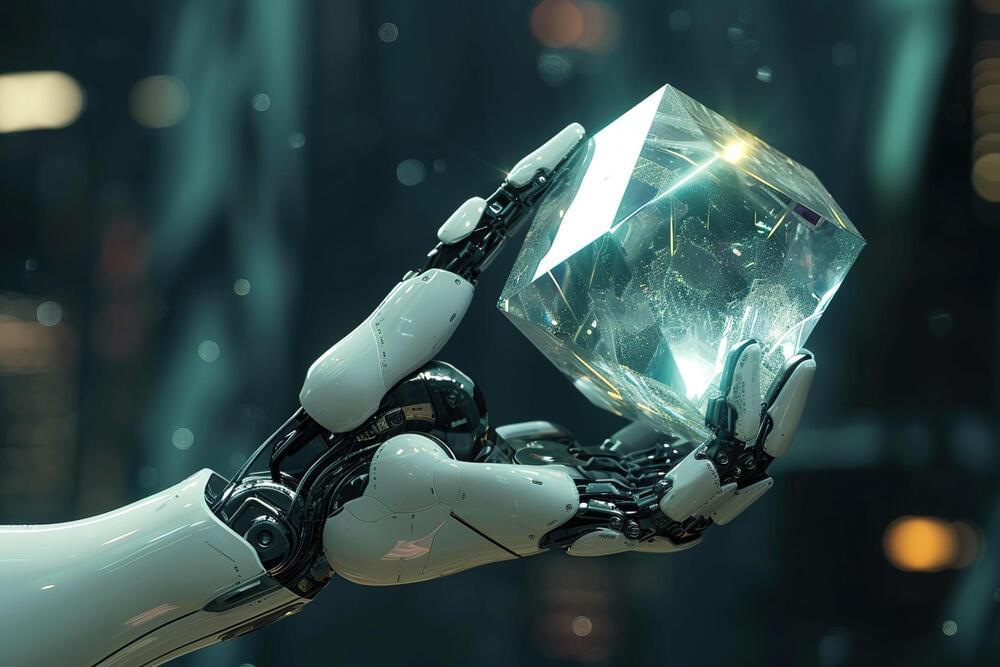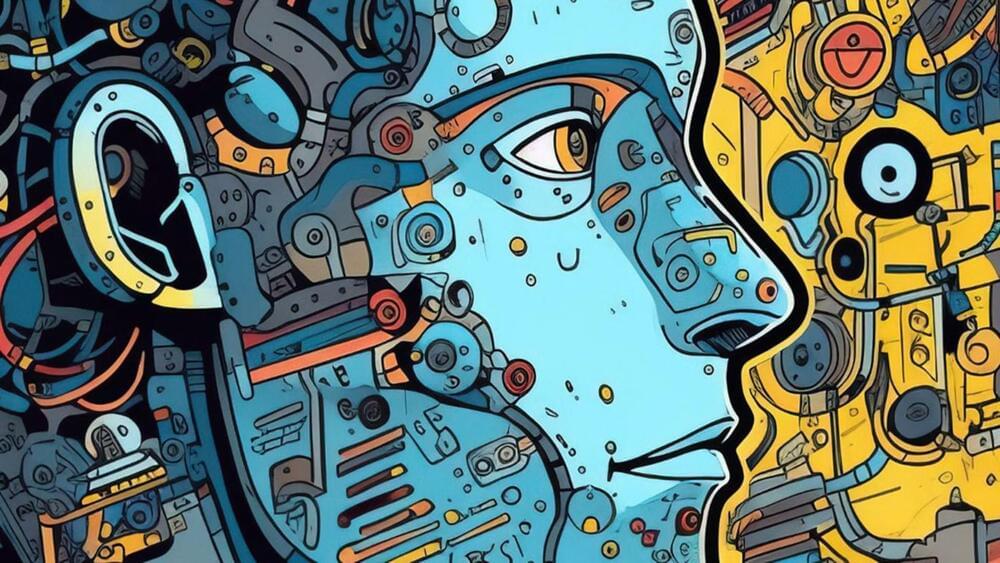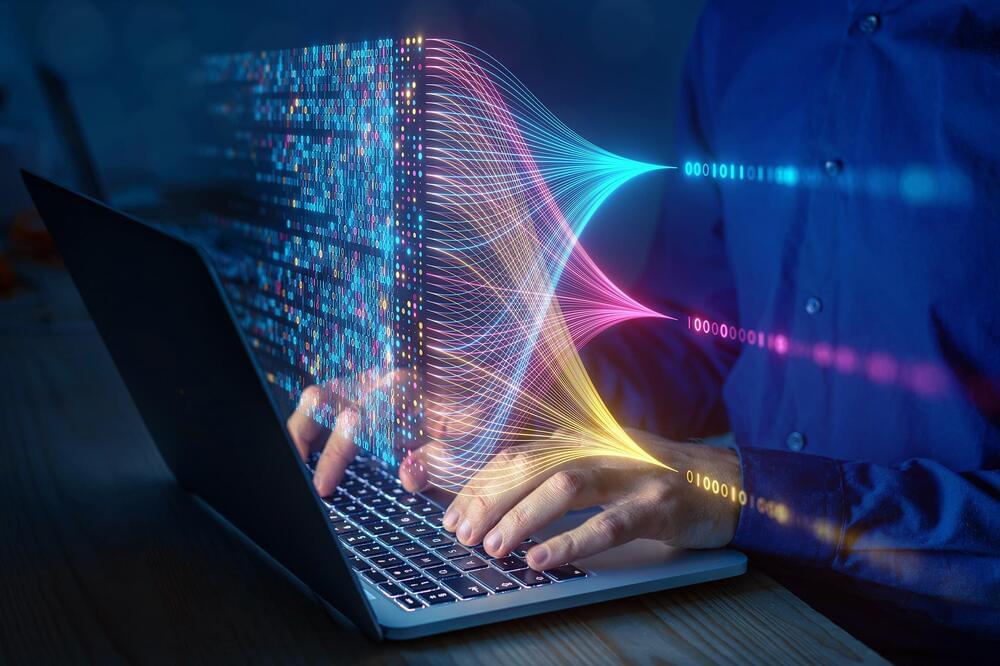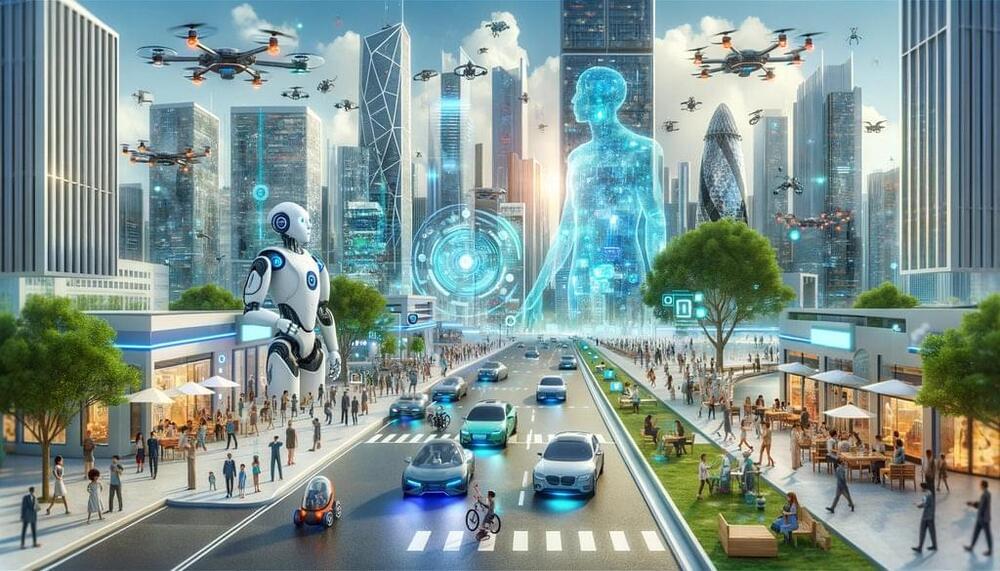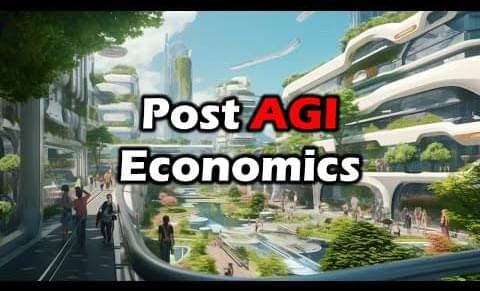Jan 17, 2024
Google Scientists Discovered 380,000 New Materials Using Artificial Intelligence
Posted by Dan Breeden in categories: economics, robotics/AI, solar power, supercomputing, sustainability
New advancements in technology frequently necessitate the development of novel materials – and thanks to supercomputers and advanced simulations, researchers can bypass the time-consuming and often inefficient process of trial-and-error.
The Materials Project, an open-access database founded at the Department of Energy’s Lawrence Berkeley National Laboratory (Berkeley Lab) in 2011, computes the properties of both known and predicted materials. Researchers can focus on promising materials for future technologies – think lighter alloys that improve fuel economy in cars, more efficient solar cells to boost renewable energy, or faster transistors for the next generation of computers.
